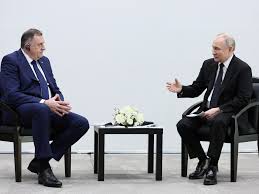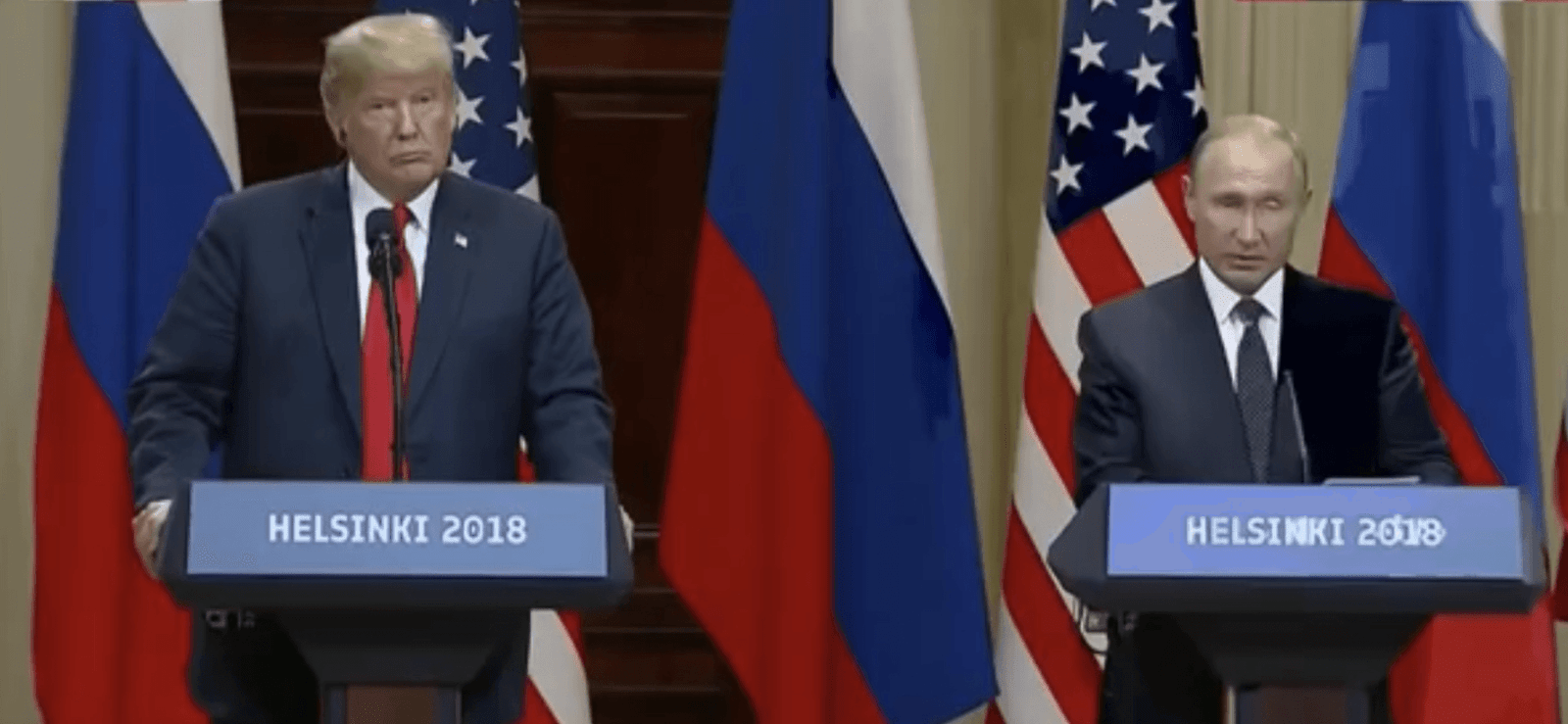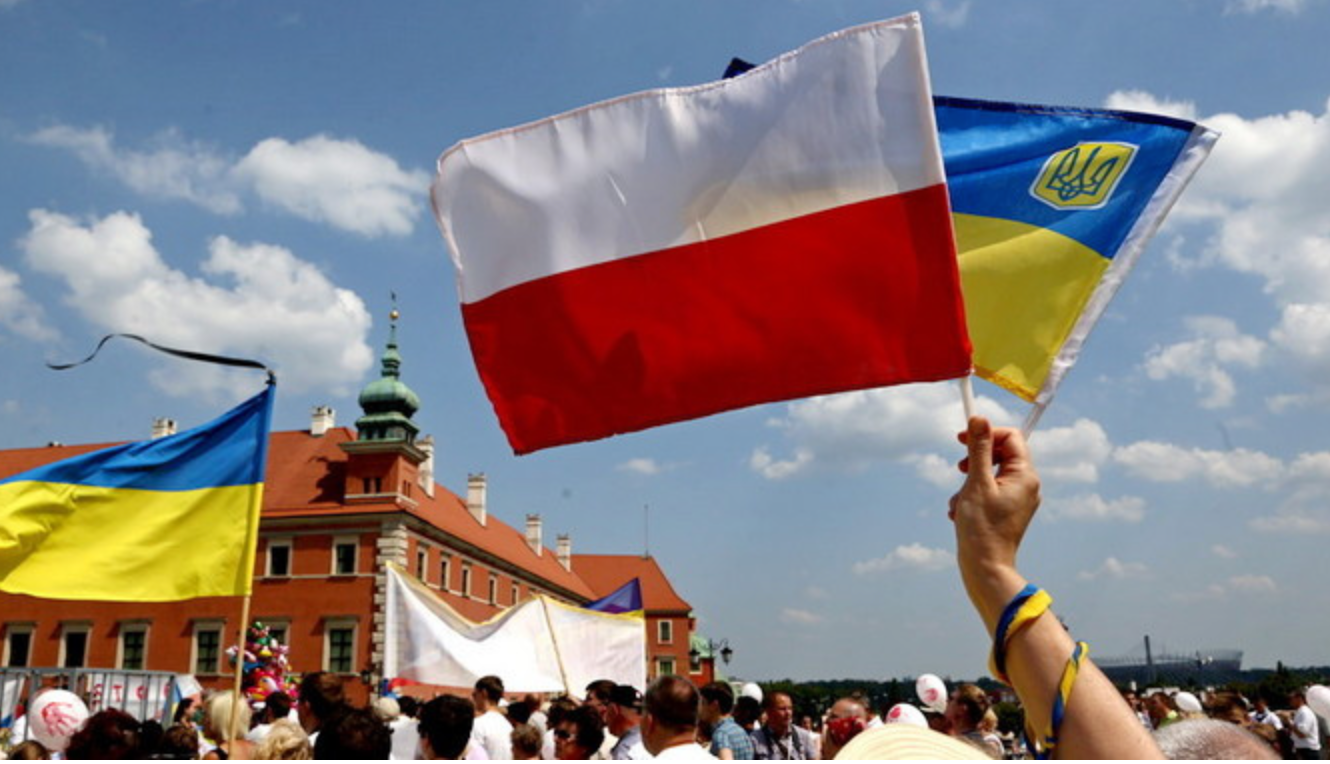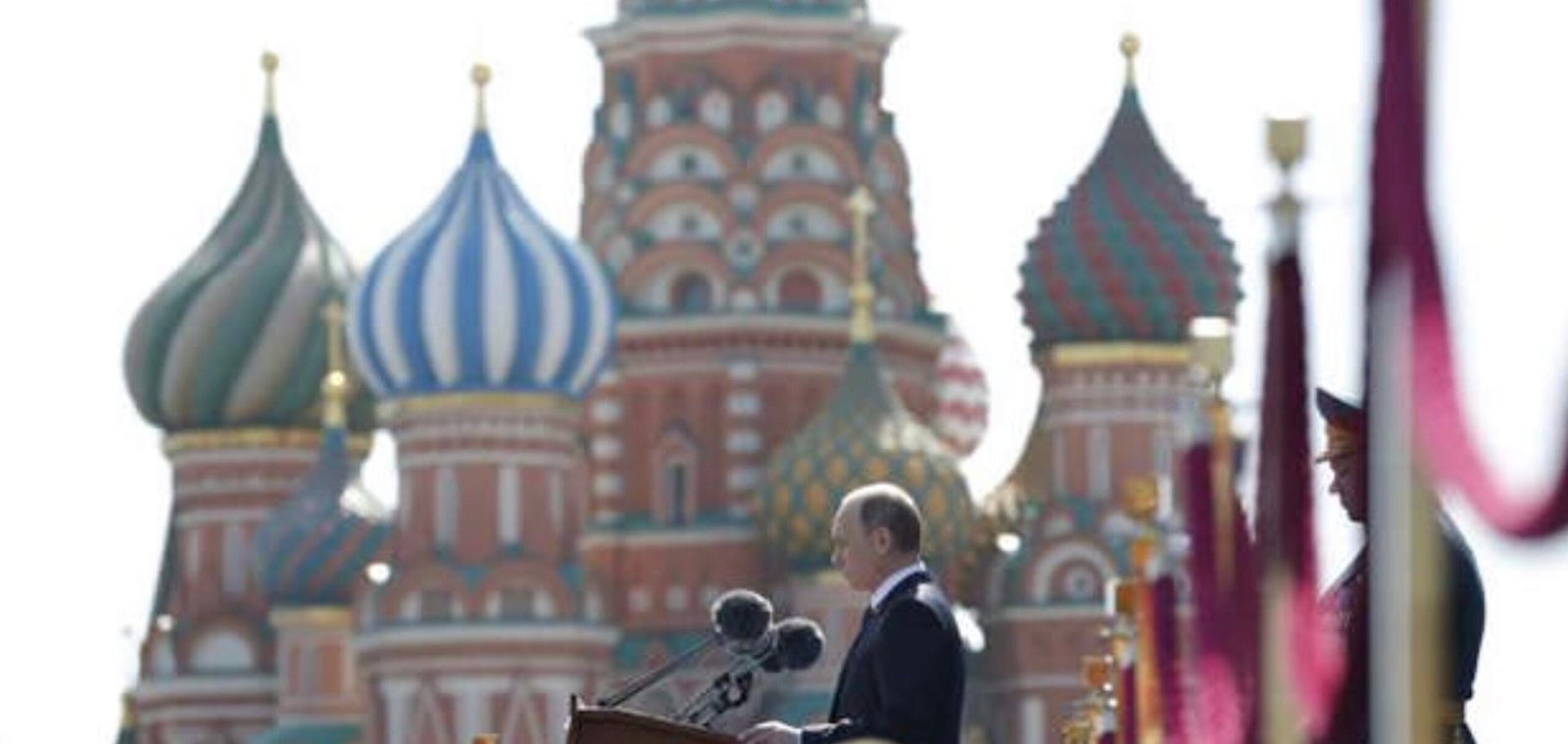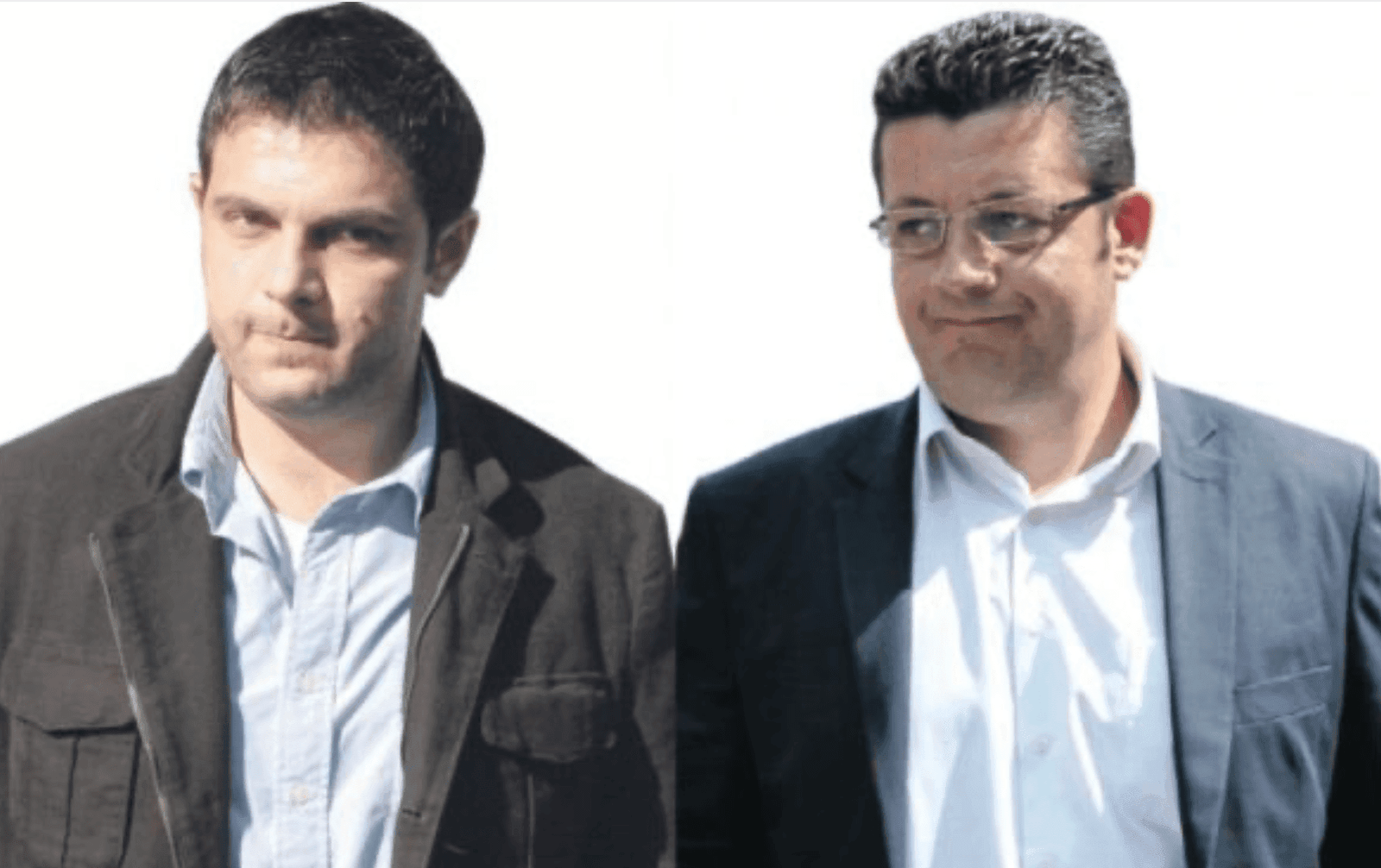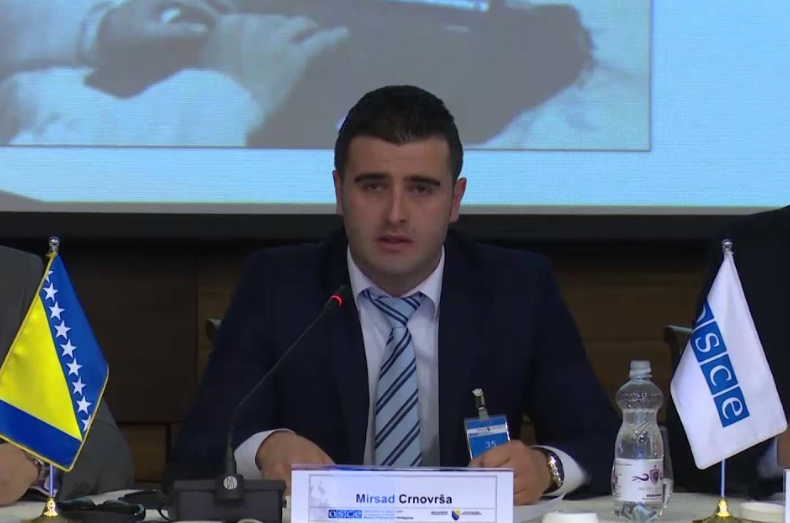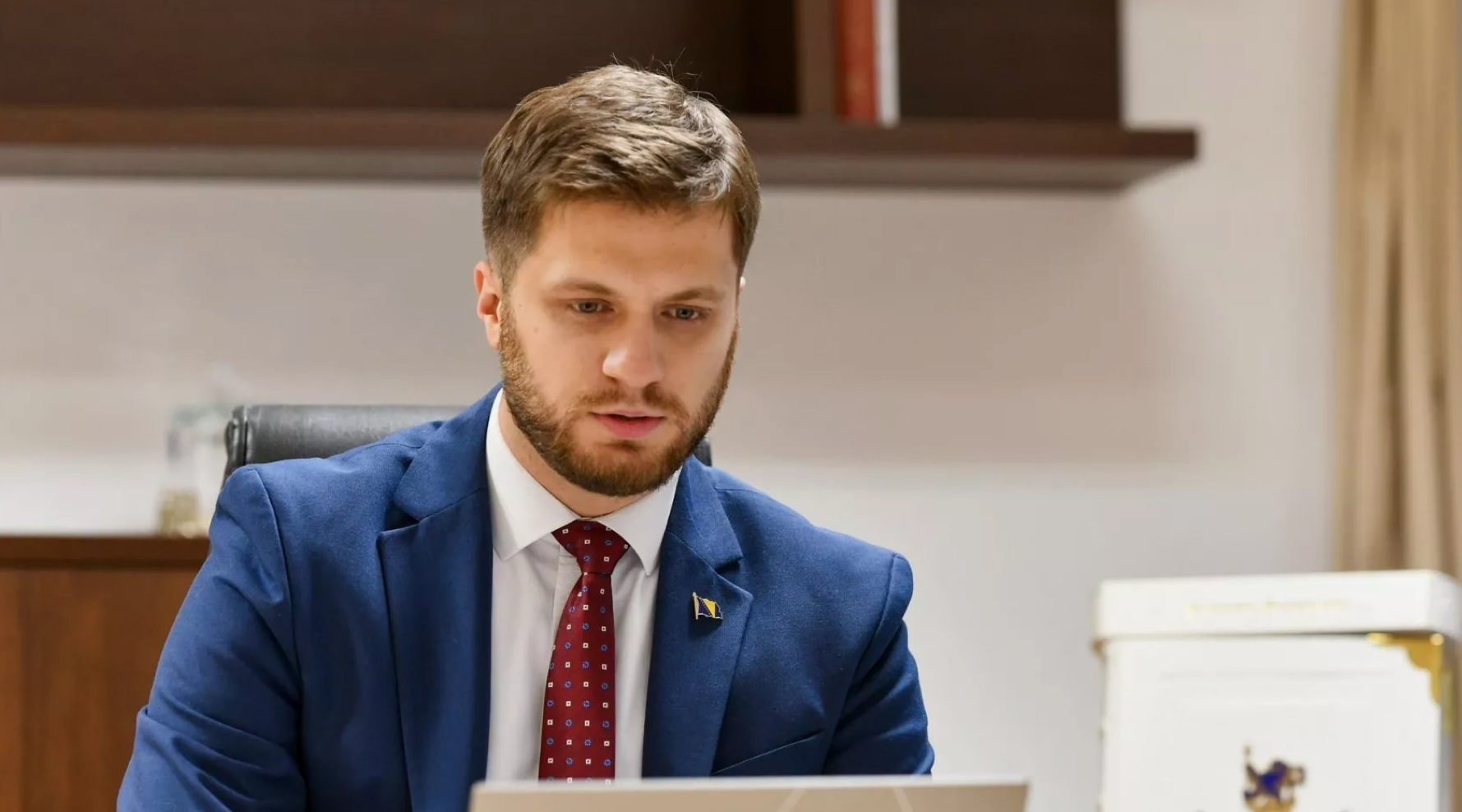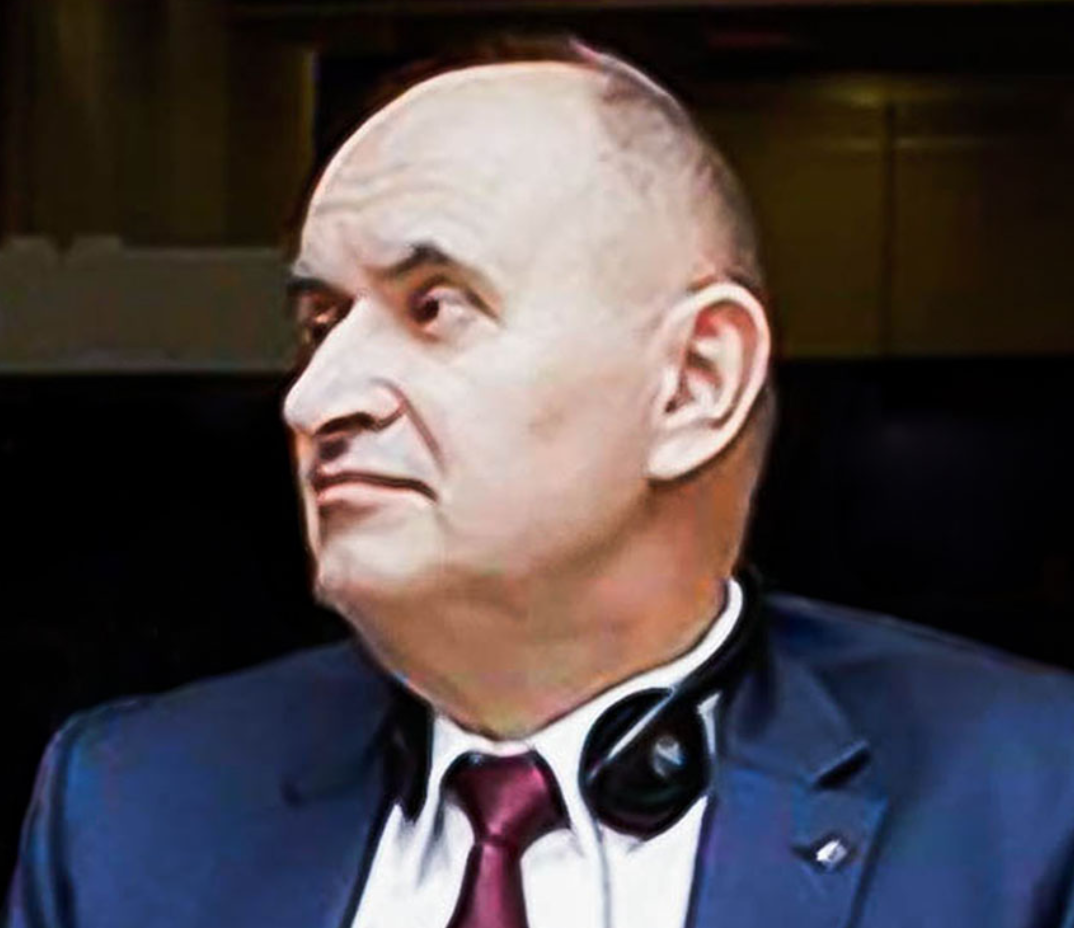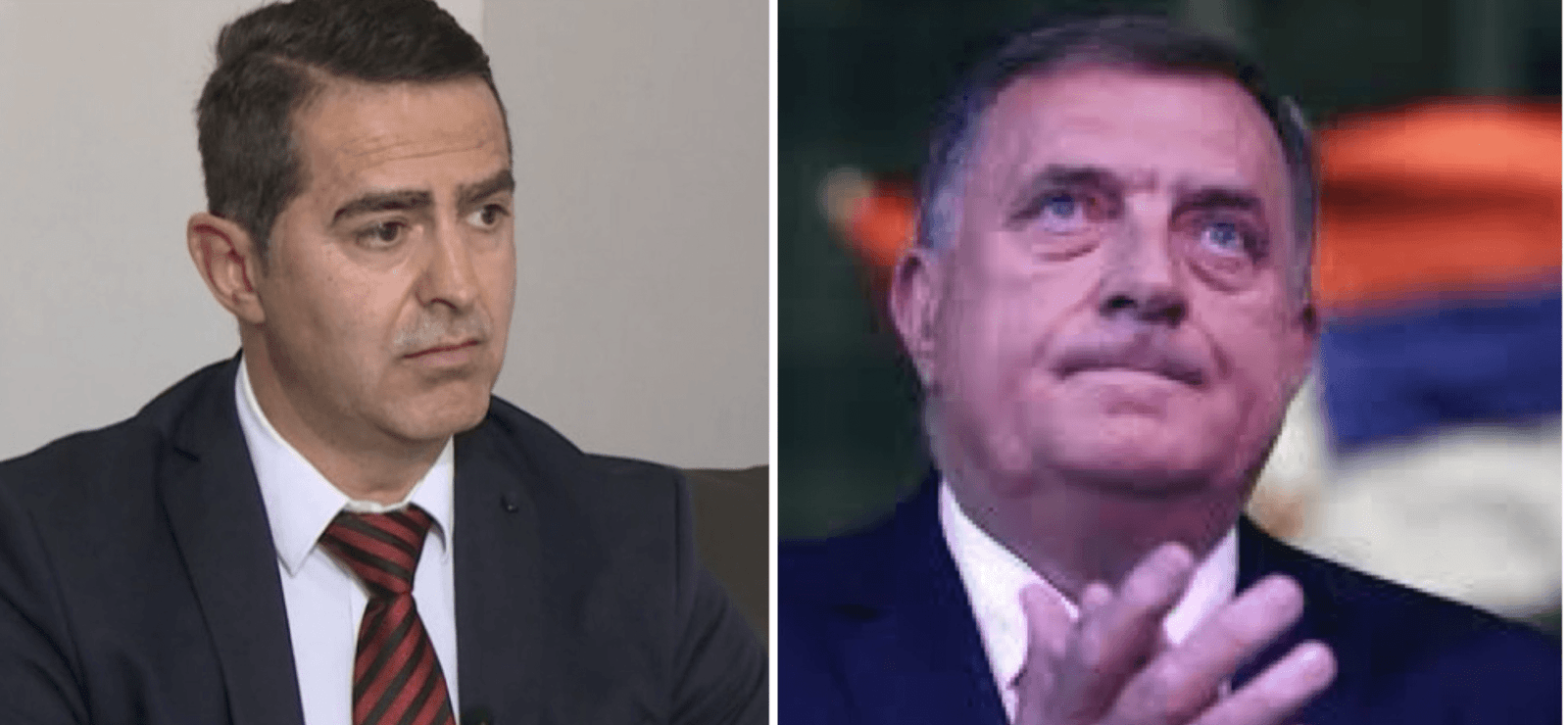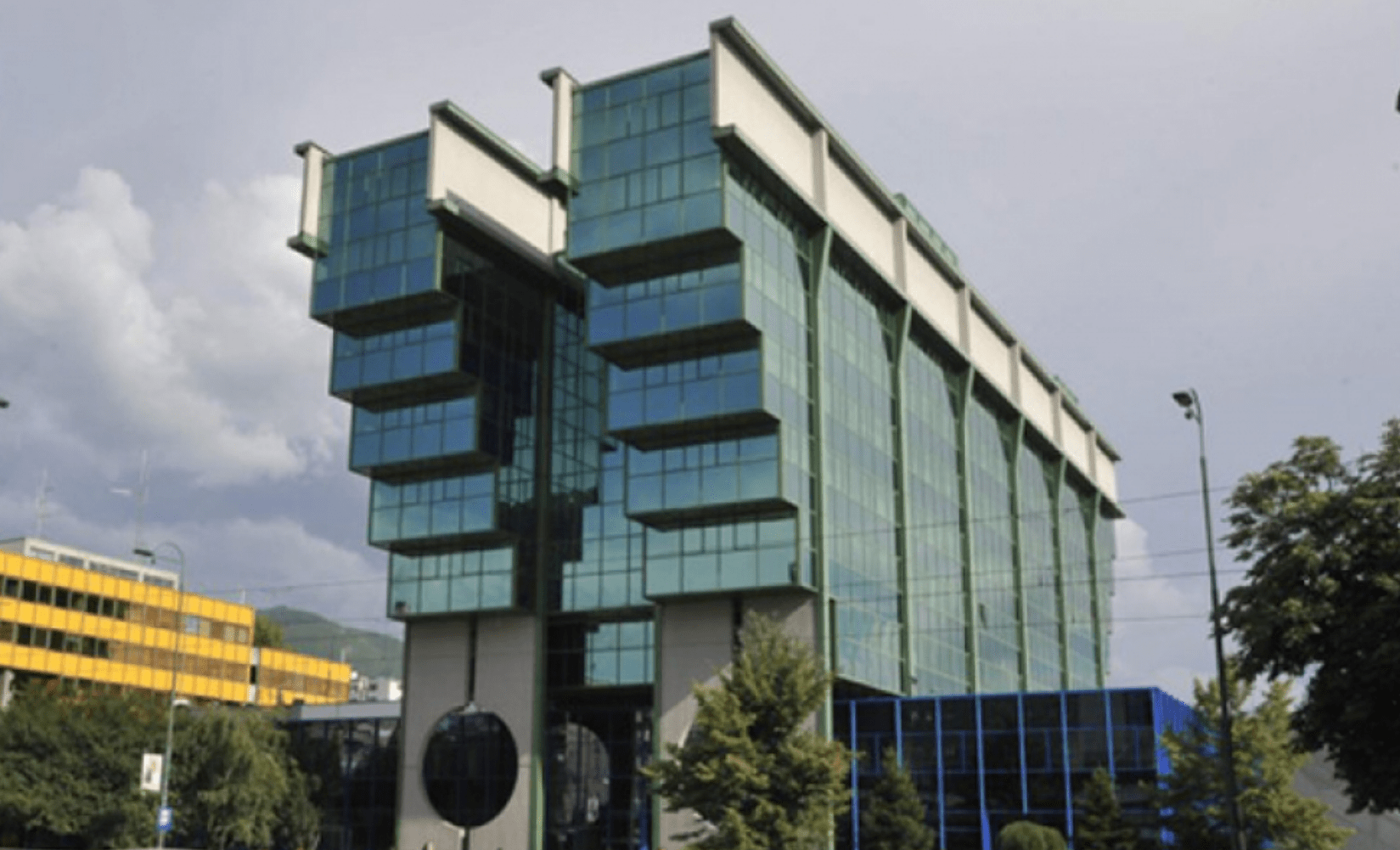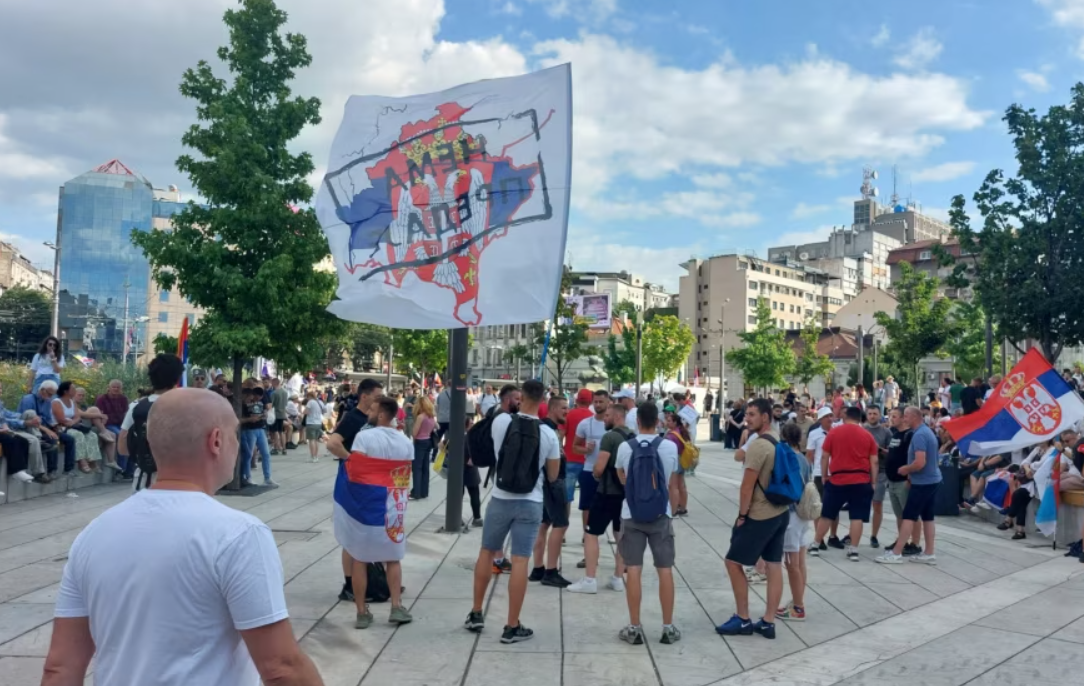Russian officials have condemned Poland for being the main instigator of movements seeking to overthrow the Putin regime and dissolving the Russian state. Warsaw itself has been outspoken about Russian imperialism, with President Andrzej Duda condemning the country as a “prison of nations” and the world's largest colonial empire. He asserted that it imprisons over 200 ethnic groups mostly acquired through colonial conquest and unlike the European powers, Russia has never decolonized.
Over the past two years, several liberation movements have emerged inside and outside Russia, and both Poland and Ukraine have been at the forefront for providing assistance. Although most activists currently operate in exile, they also maintain links with their home republics and regions. Most significantly, the Free Nations of Post-Russia Forum (FNPRF) developed as a decentralized platform for a broad and growing network of private individuals and movements seeking national and regional independence from Moscow and is planning to assume an institutional format in several Western capitals.
In November 2024, Russia’s Supreme Court on the advice of the Ministry of Justice declared the FNPRF to be a “terrorist organization.” It was allegedly “created in the form of a public movement in Poland and consisted of 172 structural divisions organized on national and regional grounds.” The organization is supposedly led by “leaders of national-separatist movements” whose task is to “divide the Russian Federation into separate states subject to the influence of unfriendly countries,” particularly Poland and Ukraine.
In reality, the Forum encompasses over two dozen organizations including the governments-in-exile of Tatarstan and the Ichkerian Chechen Republic – the legitimate government of occupied Chechnya. It has held international conferences in Poland, Belgium, Czechia, Lithuania, Sweden, the US, the UK, France, Italy, Germany, Japan, Taiwan, and Canada.
When the FNPRF was registered in Poland in 2023, the Russian Prosecutor-General's Office labeled the group as “an undesirable organization” after it held a meeting in the European parliament sponsored by several Polish EMPs (European Members of Parliament). Moscow’s reactions were vitriolic and underscored its fears that the liberationist initiative would spread. According to Russia’s Prosecutor General, the Forum’s activities “represent a threat to the foundations of the constitutional order and security of the Russian Federation,” and the sessions were attended by leaders of ethno-separatist movements and “Russophobic foreign speakers.” According to the law on “undesirable organizations,” the independence movements and like-minded non-governmental groups were prohibited from operating in Russia.
The Forum also coordinates its activities with other umbrella movements, including the League of Free Nations and the Alliance of Indigenous Peoples. The Kremlin initially ignored these initiatives, but as they grew in prominence and established international contacts it has actively sought to discredit and destroy them. Moscow officials express a profound fear of state fracture and national separatism led by Poland with its history of supporting liberation for Russia’s captive nations.
Russian activists-in-exile have also established a Congress of People's Deputies supported by members of the Polish and Ukrainian governments. It held several sessions in Poland and positioned itself as a shadow Russian parliament. It included more than a hundred former members of the Russian State Duma and local administrations from 36 regions of Russia and represented an assortment of political parties. Unlike much of the exiled Muscovite opposition, this is the only formation possessing a measure of legitimacy, having obtained in total about eight million votes in previous elections. The congress was engaged in designing legislation for a future Russia, including a new constitution.
The Congress also supported the Freedom of Russia Legion, one of the three Russian regiments fighting at the frontlines as autonomous units of the Ukrainian Armed Forces, together with the Russian Volunteer Corps and the Siberian Battalion. Their ultimate goal is to overthrow the Putin regime and establish a new Russian Republic. Unlike the traditional Russian opposition, which is intent on keeping the Russian Federation intact, the Congress adopted a resolution to unconditionally respect the right of all nations to self-determination, including the creation of new separate states, and was in regular contact with various national and regional liberation movements.
Warsaw has initiated other moves to challenge Russia’s imperial status quo. In May 2023, the Polish government body responsible for standardizing foreign place names recommended that Russia’s Kaliningrad exclave should be referred to in Polish using its historical Polish name of Królewiec. The designation “Kaliningrad” is viewed as artificial and offensive by honoring the Soviet war criminal Mikhail Kalinin. He was one of the organizers of the Katyń massacres in 1940 when over 20,000 Polish officers, officials, and members of the intelligentsia were murdered by Soviet security forces. Until its seizure by Moscow after World War Two, the Królewiec region was German and known as Königsberg. Between the 15th and 17th centuries, it was known as Królewiec while under Polish control. There could be similar disputes over historic lands between Russia and its neighbors as the Muscovite empire dissolves over the coming years.
When facing a looming internal crisis spurred by escalating economic problems, including the collapse of its currency, Moscow typically attempts to deflect attention by terrorizing the West. Former President Dmitry Medvedev and other officials persistently menace Europe and North America with nuclear destruction if they continue to help Ukraine militarily. In this cacophony of warnings, Poland has been identified as the prime target by Moscow. Sergey Karaganov, a founder of the Russian Council on Foreign and Defense Policy and close to the Kremlin, has called for “delivering a pre-emptive strike of retaliation” on Poland to force the West to surrender. However, such nuclear blackmail will have the opposite effect, as some Polish analysts are now proposing that Poland develop its own nuclear weapons to defend its independence.
Janusz Bugajski is a Senior Fellow at the Jamestown Foundation in Washington DC and author of two new books: Pivotal Poland: Europe’s Rising Power and Failed State: A Guide to Russia’s Rupture



